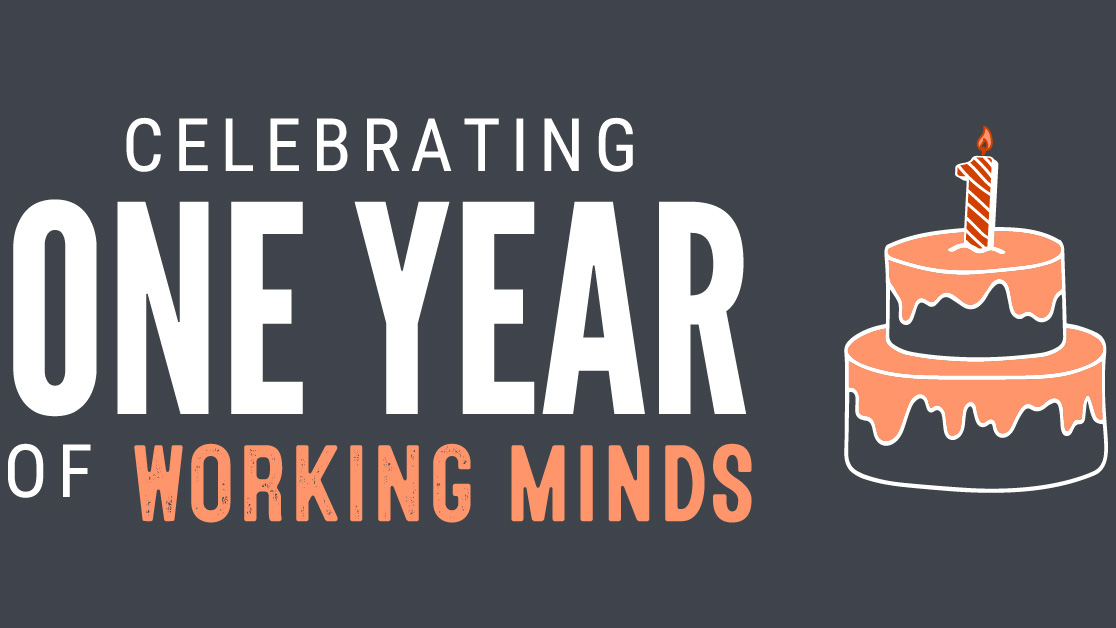Almost half of work-related illness is due to stress, depression or anxiety according to statistics published by the Health and Safety Executive (HSE).
There are three main reasons employers should be looking to prevent stress and support good mental health in business; it’s the law, it’s good for business and it’s the right thing to do.
Whether you’re a small business or a large corporation, the law requires all employers to prevent work related stress to support good mental health in the workplace.
A report by Deloitte estimates that the total annual cost of poor mental health to employers has increased by 25% since 2019, costing UK employers up to £56 billion a year. The report revealed that employers see a return of £5 on average for every £1 invested in mental health.
HSE’s Working Minds campaign brings together a range of tools and support to help businesses and workers understand the best ways to prevent work related stress and encourage good mental health.
Operations Manager at Composites UK Dr Sue Halliwell said: “A physically fit and mentally healthy workforce can deliver increased productivity, increased staff retention, and ensure employees are more fully engaged in their work.
“The manufacturing sector has traditionally focused on physical health and safety, but mental health and wellbeing is now rightfully demanding increased attention. Work related stress can be a significant cause of illness leading to absence, staff turnover and other issues such as increased capacity for error; the pandemic has only added to already increasing pressures across all businesses.
“Composites UK is proud to be HSE Working Minds campaign partners, launched one year ago today, and through the SIMPLC (Safety in manufacturing of plastics and composites) initiative to raise awareness of the importance of good mental health practices at work, ensuring our members have access to the right information and tools to enable them to continue to operate safely and effectively.”
You can get started today with Working Minds five simple steps:
- Reach out and have conversations
- Recognise the signs and causes of stress
- Respond to any risks identified by agreeing action points between employer and worker
- Reflect on the actions taken – have things improved?
- Make it Routine to check back in on how things are going.
For more about Working Minds…
